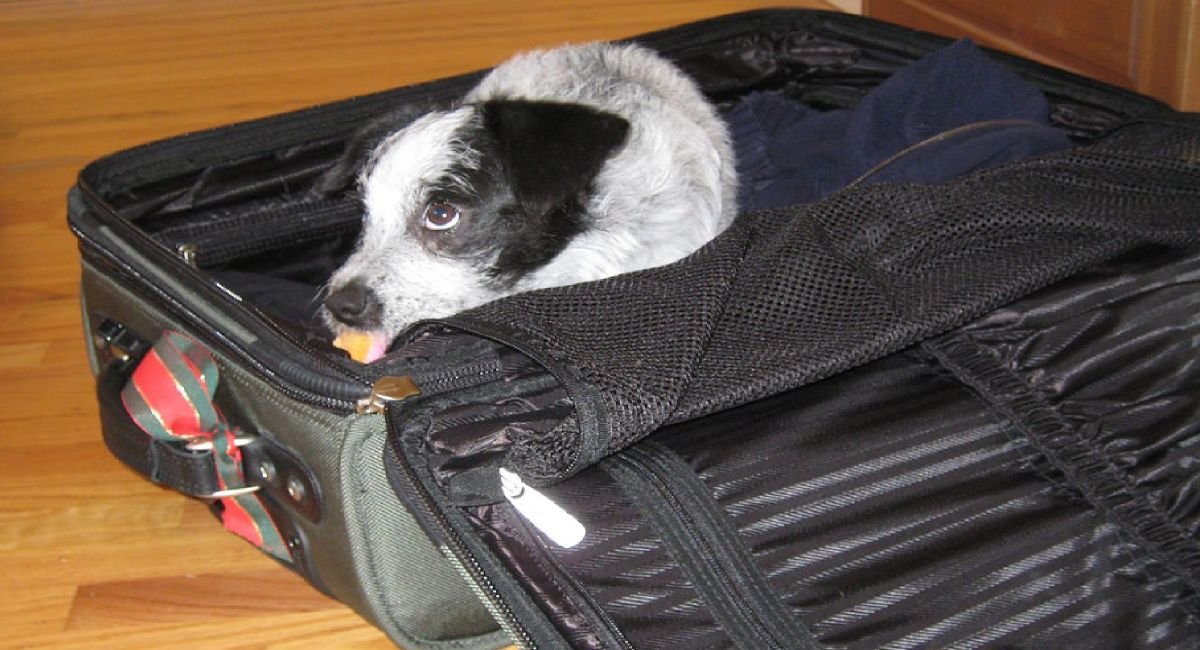
Communicating in English means you have to communicate not only in a new language, but also across a culture. That means more than just translating words and phrases.
You have to think about what the other person understands. When putting your native language into English, there are some words that actually should not be translated—cultural words, especially food.
I remember in Japan someone told me, "Last night I had raw fish for dinner." But, I imagined a wet fish, with the head and scales still on it. Actually the person ate sushi. It would have been better if they'd simply said, sushi.
Of course "sushi" is not originally English. It's a traditional Japanese word for a Japanese food.
Well-known things
If you are Japanese, Italian or French, then it's easier. Most Western people know a lot about those cultures.
For example, in the case of Japan, culture such as anime and manga are well-know. Same with food such as ramen, tempura, sashimi, sushi, and so on.
In fact, making a mistake sounds funny. Imagine saying, "I ate Italian boiled egg noodles." Rather, you'd say, "I had spaghetti."
In English, and many other languages, pasta is pasta, hot dogs are hot dogs, ramen is ramen.
Lesser-known things
If you are talking about lesser-known things, you should say the name in your native language. If the person knows it, then no problem. However, if the person doesn't know it, then take a moment to explain. They will learn something new, and you get to teach them—the perfect chance to build a relationship.
Here are a couple of examples:
I was eating poutine. Have you heard of that? It's a Canadian dish—French fries, gravy and cheese curds. It's so good and so unhealthy!
I went to a festival and there were so many mikoshi. Have you heard of mikoshi? They are big shrines on wheels, people sit on top and play traditional Japanese instruments while a lot of people use ropes to pull them through the streets.
So, when talking about your traditions, use your native words. And, if you have to explain it, then explain it.
Now try writing about a tradition in your country. If you need speaking practice, then ask a teacher!





